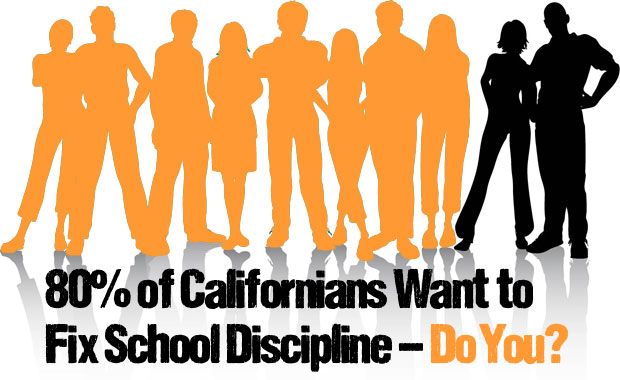It’s time to fix school discipline practices and policies - by Sarah Omojola / commentary
by Sarah Omojola / commentary
All students can learn. That’s a simple but profound starting place for talking about changing school discipline policies. As a former teacher in New Orleans public schools, I am well aware of the difficulty of teaching students who have varying backgrounds, abilities and learning styles in an ever-changing school system, inundated with countless internal and external pressures.
However, research has shown that students are frequently suspended on grounds such as “willful defiance” for behavior that is often related to having a disability, being culturally different from teachers or administrators, or because they are still learning how to respect themselves and others.
 Unlike suspension for safety reasons, suspending students for “willful defiance” is an unsound educational policy that ultimately results in students losing valuable educational time. A recent report by the Civil Rights Project at UCLA shows that high school suspension rates have risen dramatically in the past 30 years without actually improving school climates. Notably, the American Psychological Association found that schools with higher rates of suspensions have lower academic quality and school climate ratings.
Unlike suspension for safety reasons, suspending students for “willful defiance” is an unsound educational policy that ultimately results in students losing valuable educational time. A recent report by the Civil Rights Project at UCLA shows that high school suspension rates have risen dramatically in the past 30 years without actually improving school climates. Notably, the American Psychological Association found that schools with higher rates of suspensions have lower academic quality and school climate ratings.This year Assemblymember Roger Dickinson has introduced AB 420, which would eliminate “willful defiance” as grounds for suspension in grades K-5, where students are in early stages of development and, therefore, should be kept in school to receive the education and services that

